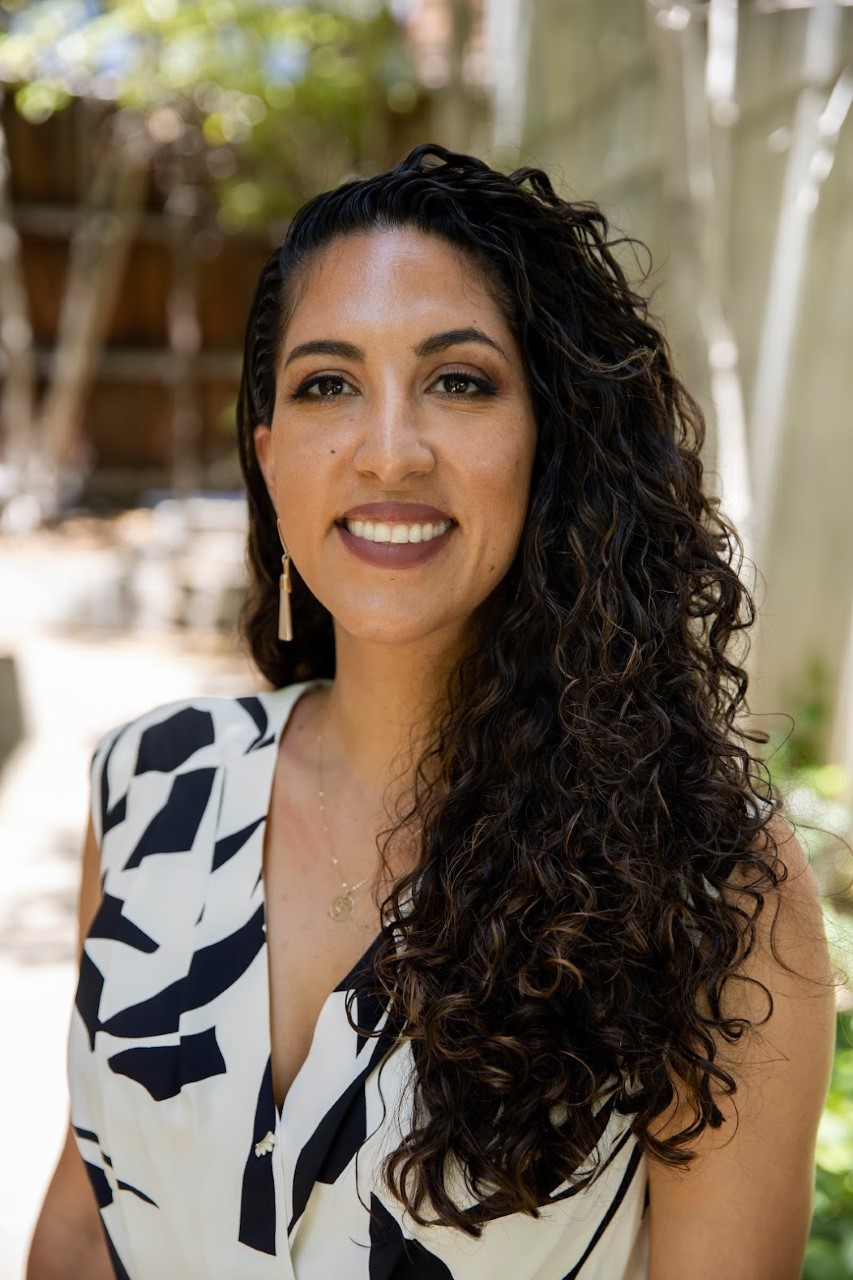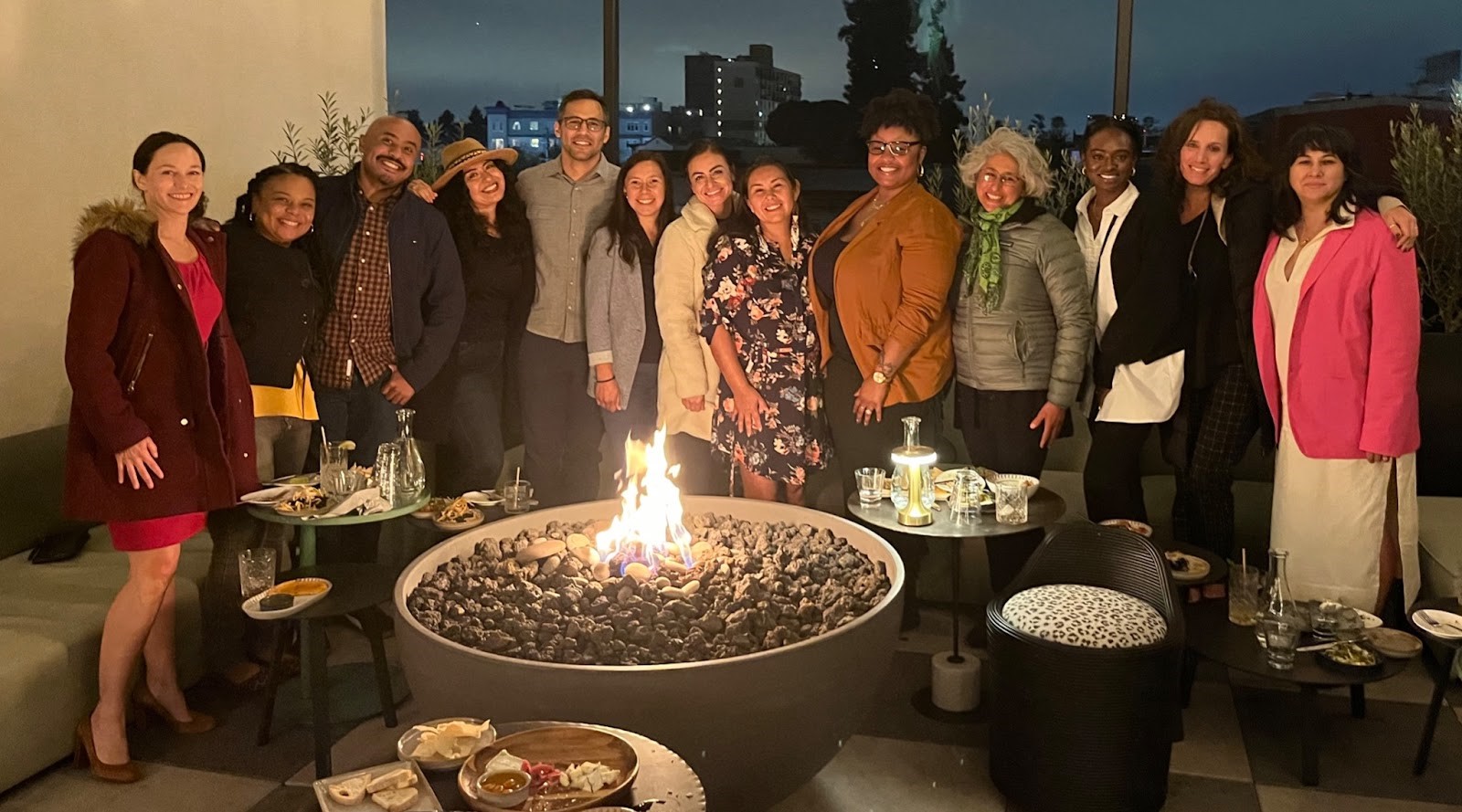(Un)Common Passion
This past week, the award-winning hip hop artist and actor Common went behind the scenes in Southern California to better understand our nation’s prison pipeline, and learn from people whose lives are profoundly affected by it both on the inside and the outside.
With support from criminal justice reform activist Scott Budnick of the Anti-Recidivism Coalition, Common visited with inmates at four different correctional facilities in Southern California, and conducted rousing and inspiring full-blast concerts at three of the four he visited. But his presence was far from a drive-by concert tour behind the iron gates; in each facility, he spent time meeting with inmates, hearing their stories, sharing their pain, and receiving their hopes and dreams for a meaningful, opportunity-laden future.
Common also visited Bobby Duke Middle School in Coachella to learn more about the power of restorative justice as a positive alternative to school suspensions, each one of which increases the chances a child will end up dropping out and end up in the juvenile justice system. He spent time with justice reform champion Susan Burton of A New Way of Life to witness how she supports women as they come home from prison.
And Common spent an afternoon sitting with a group of community activists, each of whom works for organizations working to bring prevention programs and wellness efforts to communities at risk for being engulfed by the prison industrial complex – African Americans, Latinos, AAPI, immigrants, and LGBT and Trans youth. A mega-star in his own right, I was impressed with Common’s sense of humility – he listened far more than he spoke, took notes, and asked probing questions of the presenters.
His week was capped off by arriving as a surprise guest at a community rally and concert in Santa Ana, California, calling for Schools Not Prisons and more investment in local youth. Common joined Grammy-nominated Aloe Blacc, rapper Maya Jupiter and other socially conscious artists in creating an uplifting experience for more than 1,000 youth and community members of diverse backgrounds.
“I’m here for the fight,” Common told the Santa Ana crowd. “I’m with you as we move this journey for Schools Not Prisons and go toward prison reform. I’m rolling with you.”
Certainly, Common is not the first celebrity to “spend his brand” in support of social justice causes – and I pray he will not be the last. We need the activist voices of celebrity influencers now more than ever – especially on matters like the school-to-prison pipeline that will directly impact a third or more of young people of color at some point during their lifetimes. This brand of advocacy is important for three critical reasons: people, policy, and power.
From a “people” perspective, celebrity-influencers can directly inspire those whose lives have left them traumatized, stigmatized, and marginalized by systemic oppression. Prison inmates, juvenile parolees, and former gang-bangers – already in an uphill battle to regain and reclaim some sense of dignity into their lives, can be inspired to do better, work harder, and stay stronger on the path to redemption and self-sufficiency. People’s lives are brightened when powerful celebrities affirm their own stories.
Secondly, celebrity influencers can, using their voice, have a positive impact on public policy issues. Both Common and John Legend have used their influence to weigh in on the dastardly and embarrassing national affliction of hyper-incarceration, where the narrative of punishment trumps the narrative of prevention, treatment, and community supports. Elected officials attempting to drive the right kind of policy reforms can be emboldened by celebrity voices – either because they are somewhat star-struck themselves, or because supportive words and tweets from a celebrity can play positively with their voting constituencies.
Thirdly, and related to the above-mentioned issue of public policy, is the matter of power and activism. Celebrities like Common can have a positive impact on the issue of young people of color getting to the voting booth and becoming more civically engaged. Too many young Americans (and particularly young people of color) possess an engrained distrust of government and other civic institutions – and refuse to participate in the voting process. The crisis of confidence in civic institutions across our nation goes well beyond disaffected white working class voters rallying to a populist candidate.
It is difficult to evaluate the impact that shapers and keepers of the cultural message – musicians, actors, artists, professional athletes – can have on civic engagement and activism by our young people. But let’s just say that I cringed after hearing that San Francisco 49ers quarterback Colin Kaepernick – otherwise engaged in a brave display against police violence – implied that voting was wasted energy when he said it just didn’t matter who was running for President this past November.
Common, John Legend, Lady Gaga, Alicia Keys, actors Forest Whitaker and Jesse Williams and baseball star Sergio Romo have each admirably invested their “brand” by advocating for social justice causes – and inspiring millions of young people along the way.
Our young people, along with the often marginalized and stigmatized communities they represent, will need to drive structural and systemic changes across multiple systems to realize the kind of world they want to live in. Better schools, economic development, improved health and mental health services, and more humane justice systems must be fought for in the political arena, not merely wished for.
Thank you, Common, for your gift of passion for social justice. Let’s simply say that the voices and experiences of our youth stand to be amplified more effectively if powerful and influential celebrities would utilize their bully pulpits more “Common-ly.”
This was published by The California Endowment and the piece originally ran in the Huffington Post.

